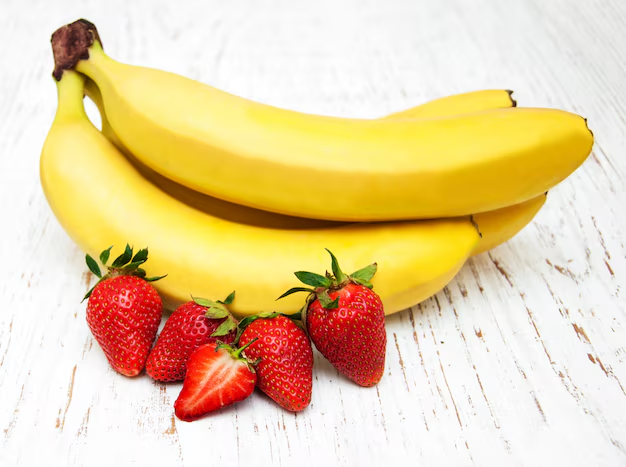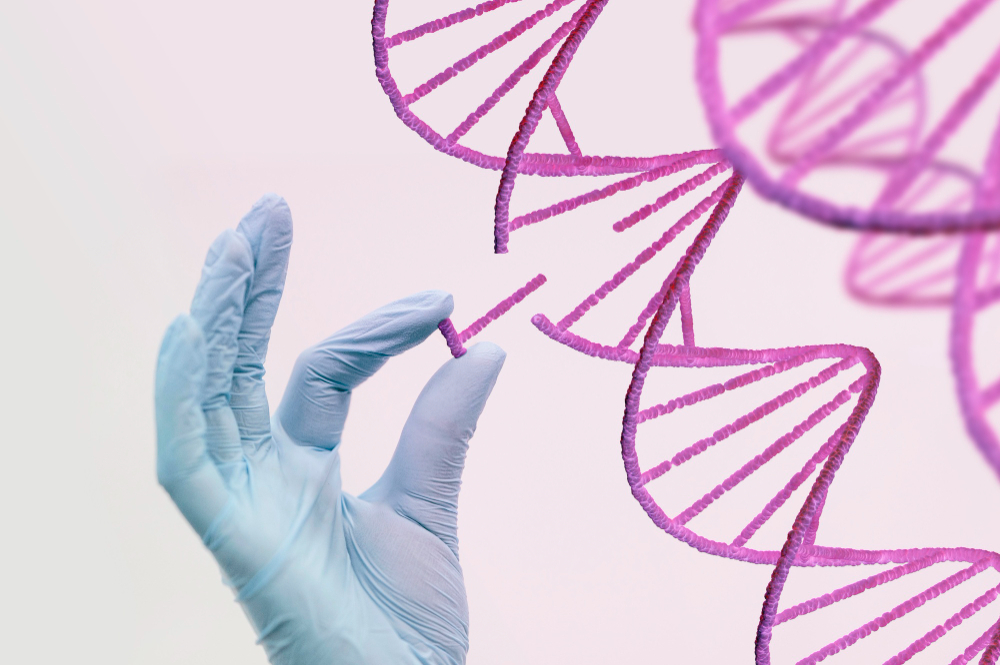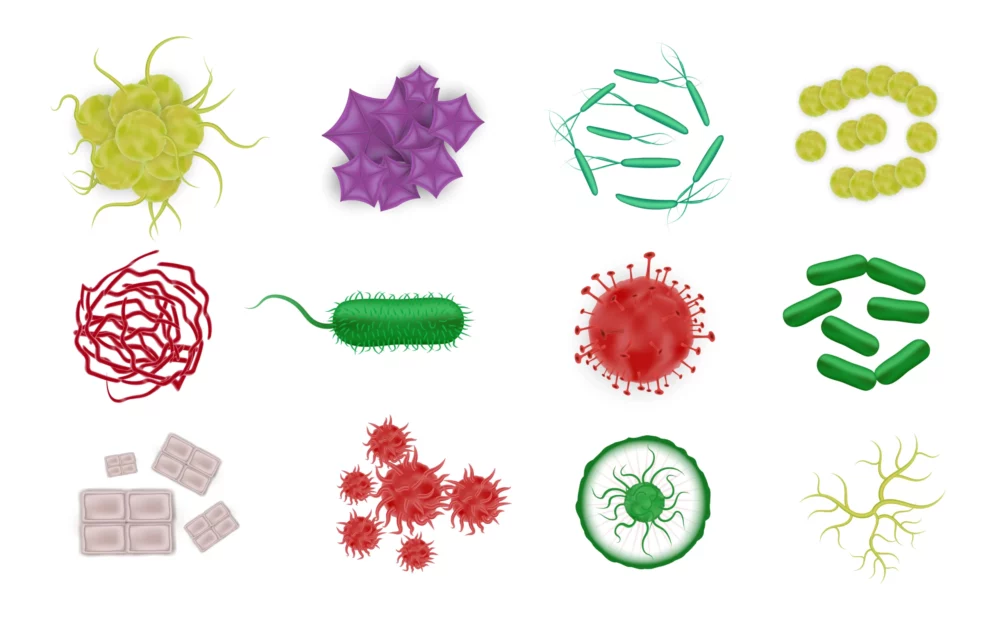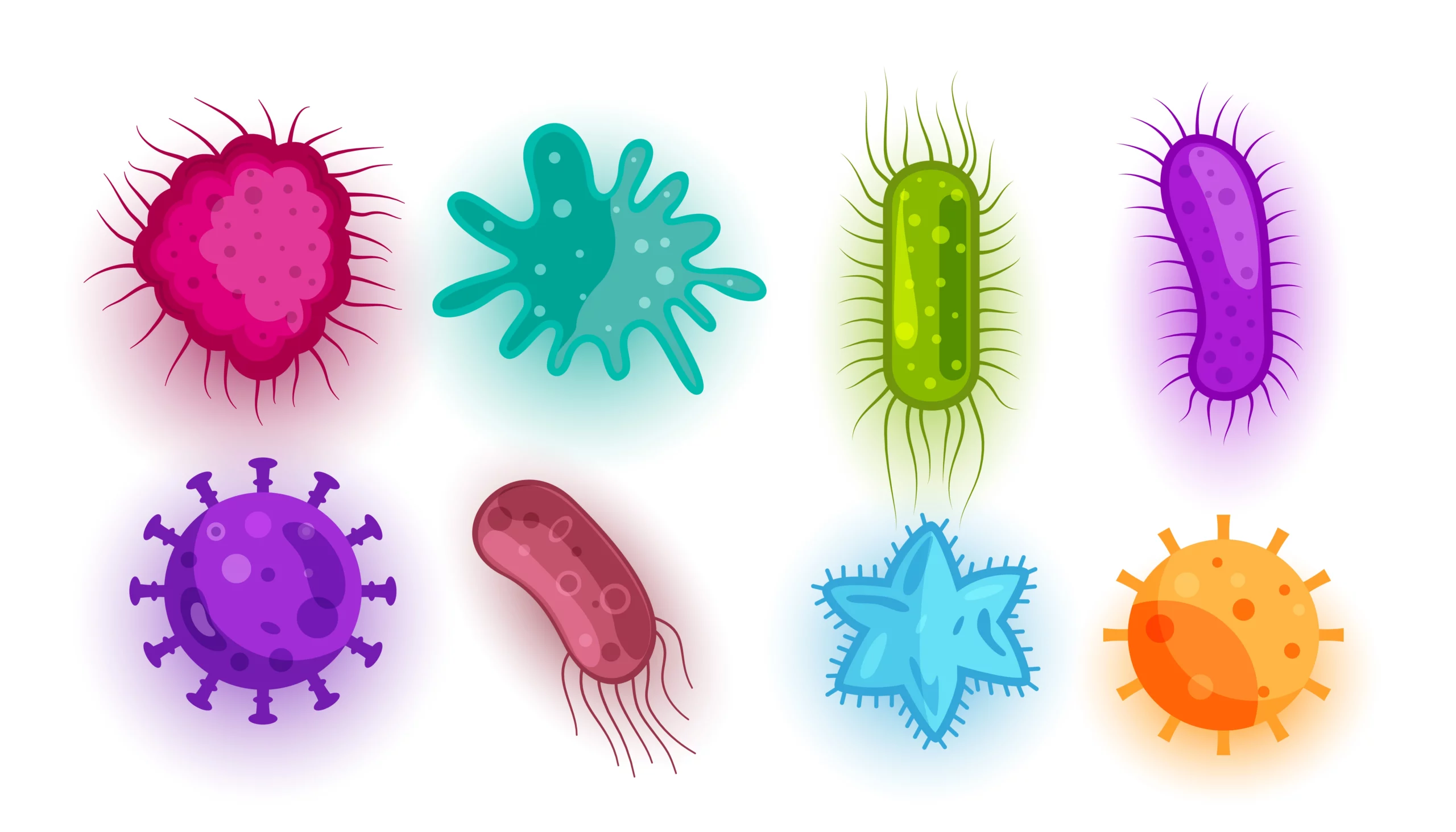Tag: Biology notes

Did You Know? Octopuses Have Three Hearts & Blue Blood!
Did You Know? Octopuses Have Three Hearts & Blue Blood! 🐙💙 The ocean is full of incredible and mysterious creatures, but few are as fascinating as the octopus. These intelligent, shape-shifting masters of disguise are already mind-blowing, but here’s something even crazier—they have three hearts and blue blood! 🤯🌊 Yes, you read that right! Octopuses…

Did You Know? Your Stomach Gets a New Lining Every Few Days!
Did You Know? Your Stomach Gets a New Lining Every Few Days! 🤯 The human body is full of mind-blowing features, and your stomach is no exception! One of the most fascinating facts about the stomach is that it replaces its lining every 3 to 4 days! But why does this happen? And what would…

Did You Know? Sunflowers Follow the Sun… Until They Don’t!
Sunflowers are more than just beautiful yellow blooms that brighten up fields and gardens. These incredible plants have a fascinating behavior that has amazed scientists and nature lovers for centuries—they follow the sun as it moves across the sky! 🌻☀️ But here’s the surprising part: once they mature, they stop moving! 😲 Let’s dive into…

Bananas Are Berries, But Strawberries Aren’t? Here’s Why!
Bananas Are Berries, But Strawberries Aren’t? Here’s Why! 🍌🍓 Nature is full of surprises, and fruits are no exception! You might think you know what a berry is, but science tells a different story. While we often call strawberries, raspberries, and blackberries berries, they actually aren’t true berries! However, bananas, cucumbers, and even eggplants are.…

General Q&A part-6
State two features of the gas exchange surface in humans? The gas exchange surface in humans primarily refers to the respiratory system, where the exchange of oxygen and carbon dioxide takes place. Two essential features of the gas exchange surface in humans are: Large Surface Area: The gas exchange surface in humans, which includes the…

DNA Replication
DNA replication is a fundamental process in biology that ensures the faithful duplication of genetic information. It involves multiple steps and a variety of enzymes and proteins working together to ensure accuracy. Here’s a more in-depth breakdown of the process: Initiation: DNA replication begins at specific sites on the DNA molecule known as origins of…

Reproduction in Organisms
Reproduction is a fundamental biological process that ensures the continuation of life on Earth. It is a fascinating and diverse field of study, as organisms have evolved a wide range of strategies to reproduce and pass on their genetic material to the next generation. In this educational blog, we will explore the various mechanisms of…

Q&A on Kingdom Monera
Q: What is Kingdom Monera? A: Kingdom Monera is one of the five biological kingdoms, encompassing prokaryotic microorganisms, which include bacteria and archaea. Q: What defines prokaryotic microorganisms in Kingdom Monera? A: Prokaryotic cells in Kingdom Monera lack a true nucleus and membrane-bound organelles, and they typically possess a singular circular chromosome. Q: How do…

Kingdom Monera
In the vast tapestry of life on Earth, Kingdom Monera stands as a remarkable and often underestimated realm. Comprising some of the tiniest yet most impactful organisms on the planet, this kingdom is teeming with diversity and significance. In this blog, we will explore the captivating world of Kingdom Monera, its defining characteristics, diversity, and…

Q&A on plant kingdom
The world of plants is a rich and diverse one, with countless species that span the globe, from the tallest trees to the tiniest mosses. Understanding the plant kingdom is not only fascinating but also essential to our understanding of the natural world. In this Q&A on the plant kingdom, we will delve into the…

General Q&A part-5
What are the stages involved in PCR, and on what does PCR depend? Polymerase Chain Reaction (PCR) is a widely used molecular biology technique for amplifying specific DNA sequences. PCR involves several stages, and it depends on various components and conditions for successful amplification. Here are the main stages of PCR and what PCR depends…

The Living World and Taxonomy
Biodiversity The variety of life forms present on Earth, including the different species of plants, animals, and microorganisms, their genetic variation, and the ecosystems they form. Species A group of individuals that can interbreed and produce fertile offspring in nature; the basic unit of biological classification. Taxonomy The science of naming, defining, and classifying organisms…









